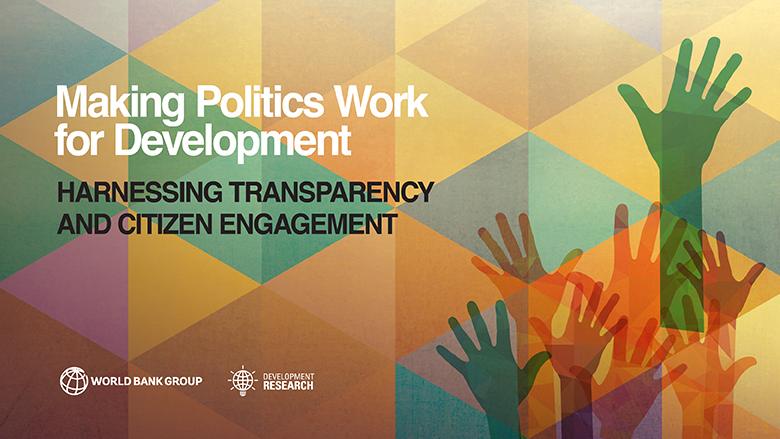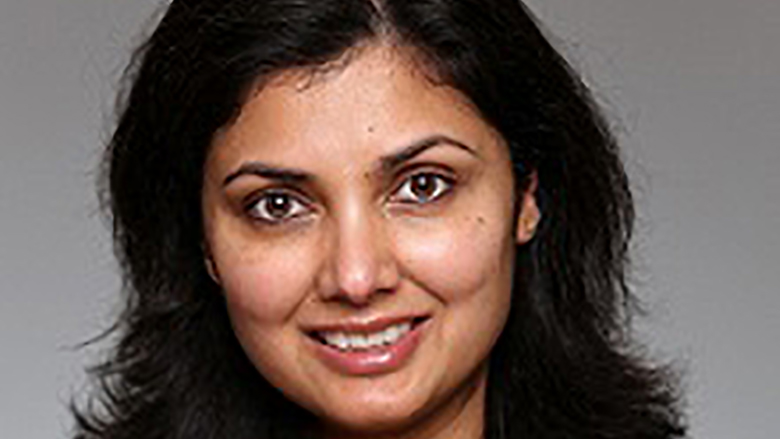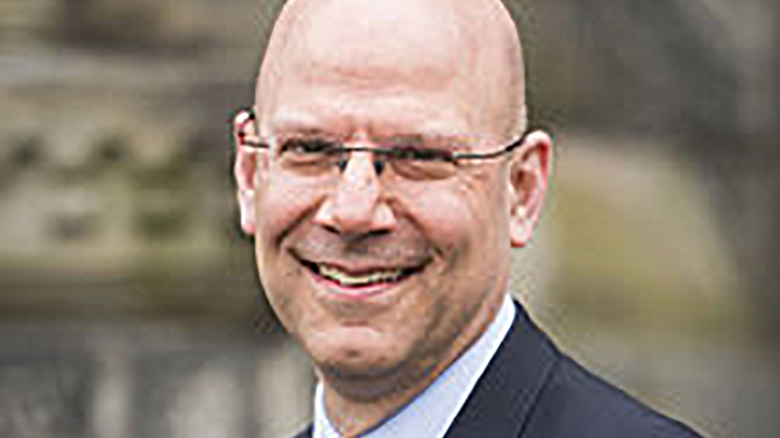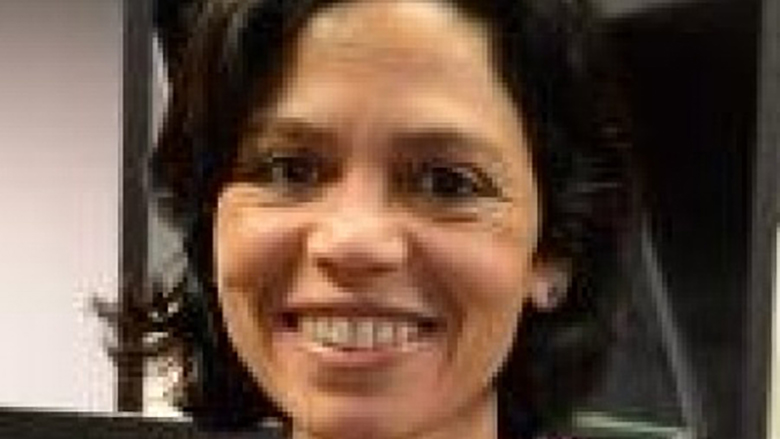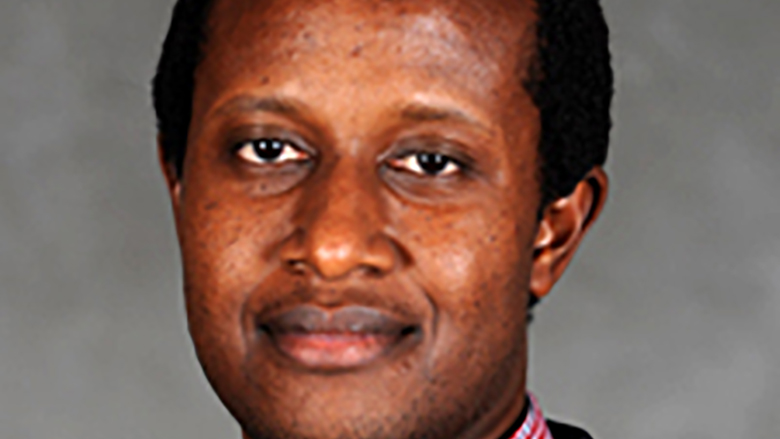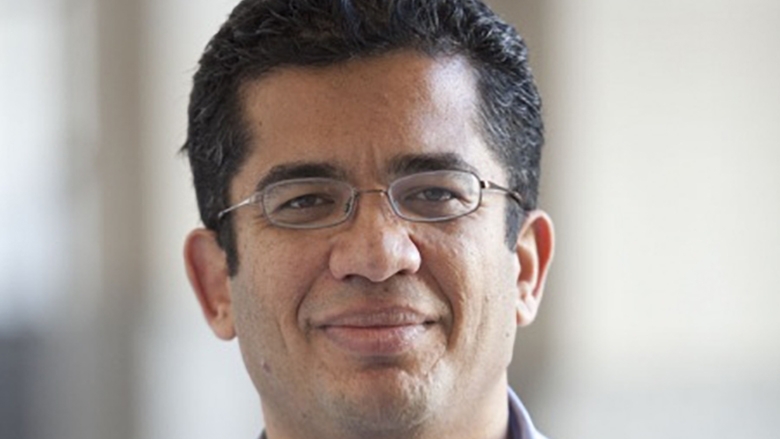Too often, even reform leaders in countries fail to adopt and implement policies that they know are necessary for sustained economic development. They are encumbered by adverse political incentives, running the risk of losing office should they try to do the right thing. When technically sound policies are selected on paper, implementation through the public system can run into perverse behavioral norms among public officials and citizens to extract private benefits from the public sector at the expense of the greater public interest.
This Policy Research Report is about how two forces—citizen engagement and transparency in political processes—can explain and hold the potential to improve political incentives and behavioral norms in the public sector. A global shift in political institutions is providing space for greater political engagement, defined as the participation of citizens in selecting and sanctioning the leaders who wield power in government, including by entering themselves as contenders for leadership. At the same time, disclosure policies, new technologies, and dynamic media markets are contributing to greater transparency, defined as citizen access to publicly available information about the actions of those in government, and the consequences of those actions.
The research shows that the confluence of transparency and political engagement can be a driving force for countries to transition toward better-functioning public sector institutions, starting with their own initial and contextual conditions. But good outcomes are far from guaranteed, with many risks of unhealthy political engagement by citizens and repressive responses by leaders. To harness the potential of these forces, this report offers ideas for policy actors to target transparency to improve the quality of political engagement so that citizens can hold leaders accountable for the public goods needed for development.
Last Updated: Aug 17, 2016
